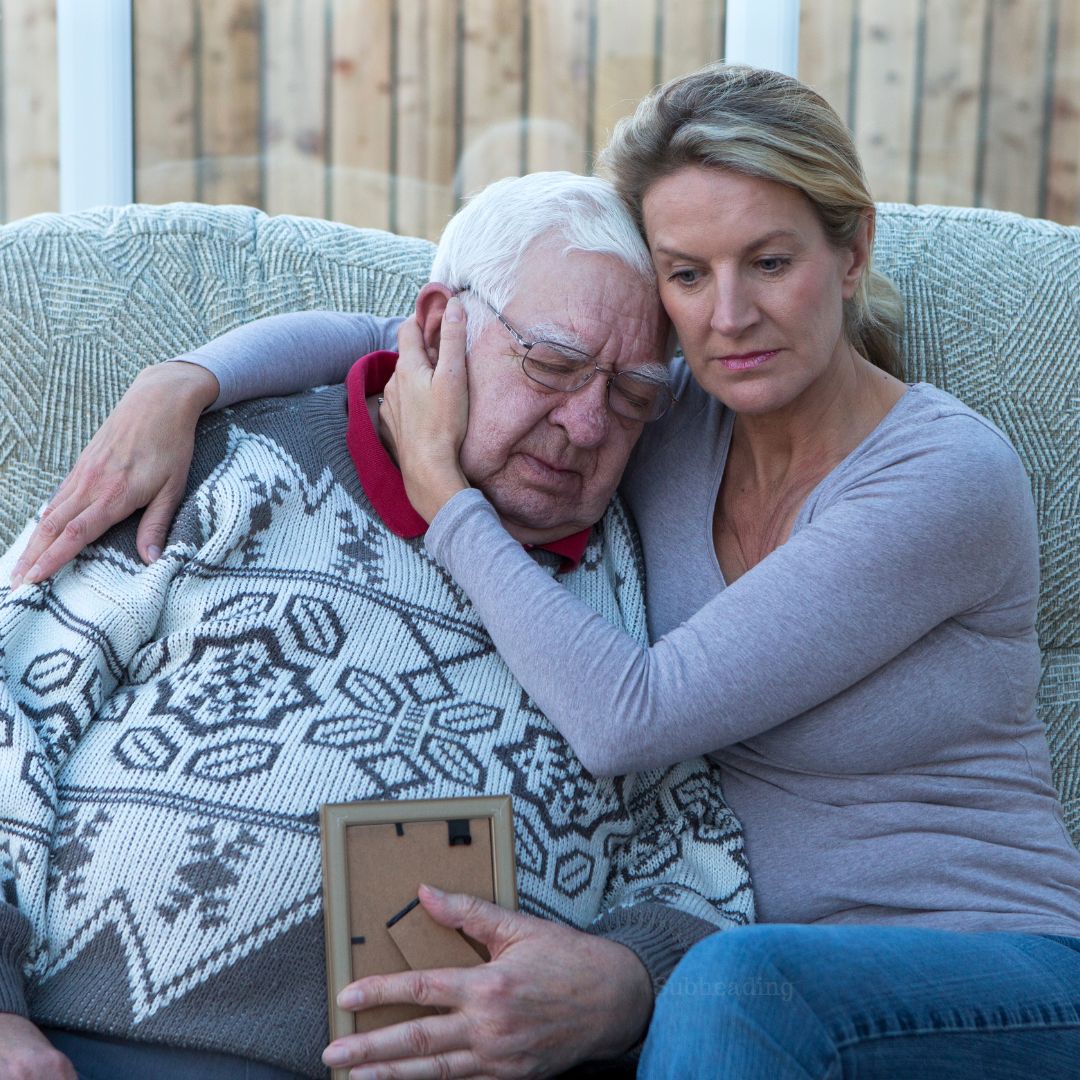Strategies for Managing Frequent Falls in Aging Loved Ones
Falls are a common concern for elderly individuals and their families. As mobility and balance decline with age, the risk of falls increases, potentially leading to serious injuries. Understanding how to manage and prevent falls effectively is crucial for maintaining the health and safety of your elderly loved ones. This article explores practical steps to address this issue, ensuring a safer environment for the elderly.

Recognizing the Signs of Increased Fall Risk
Before delving into prevention strategies, it's essential to recognize the signs that an elderly person may be at a higher risk of falling. These signs include:
- Frequent stumbling or unsteadiness
- Difficulty standing up from a sitting position
- Reluctance to walk or move about as usual
- Visual impairments
- Complaints of dizziness or lightheadedness
Identifying these signs early can help in taking timely measures to prevent falls.
Practical Steps to Prevent Falls
Home Safety Modifications
Making simple modifications at home can significantly reduce fall risks. Here are some effective changes:
- Remove Hazards: Clear walking paths of any clutter, wires, or slippery rugs.
- Install Grab Bars and Rails: Place these in critical areas such as bathrooms, hallways, and staircases.
- Improve Lighting: Ensure that all home areas are well-lit to improve visibility.
Encouraging Physical Activity
Regular exercise can improve strength, balance, and coordination, all of which are crucial in preventing falls. Consider these activities:
- Light stretching exercises
- Walking
- Tai Chi or yoga, which are particularly good for improving balance
Regular Health Check-Ups
Regular visits to healthcare providers can help manage conditions that increase fall risk, such as:
- Vision impairments
- Joint problems
- Neurological conditions
Medication Management
Ensure that medications are regularly reviewed by a healthcare professional, as some can cause side effects like dizziness or dehydration, which increase the risk of falling.
When Falls Happen: Immediate Actions
Despite all precautions, falls can still occur. Here’s what to do immediately after a fall:
- Check for Injuries: Before moving them, check if the elderly person has sustained any injuries.
- Seek Medical Help: If there are visible injuries or if they complain of pain, seek medical assistance immediately.
- Keep Them Comfortable: If uninjured, help them into a comfortable position and provide reassurance.
Long-Term Strategies After a Fall
After addressing immediate concerns, consider long-term strategies to prevent future falls. This includes:
- Assessing the Need for Mobility Aids: Tools like walkers or canes can provide additional support.
- Home Re-evaluation: Reassess the home for any new hazards or needed improvements.
- Reviewing Health Status: Ensure that any new health issues contributing to falls are managed.
Table: Checklist for Fall Prevention
|
Action Item |
Description |
|
Home Safety Assessment |
Regular checks and modifications to remove fall hazards. |
|
Encourage Regular Exercise |
Activities that enhance balance and strength. |
|
Schedule Regular Health Check-Ups |
To manage health issues that could increase fall risk. |
|
Medication Review |
Ensure medications do not contribute to fall risk. |
Educating and Supporting Caregivers
Caregivers play a crucial role in preventing falls. They need to be educated about the risks and prevention strategies. Support groups and training sessions can be invaluable, providing them with the necessary skills and knowledge to handle these situations effectively.
For more detailed guidance on managing frequent falls in elderly individuals, consider reading about what to do when elderly parent keeps falling.
Wrapping Up
Managing the risk of falls in elderly individuals involves a combination of home safety, physical health management, and caregiver education. By implementing these strategies, you can help ensure the safety and well-being of your elderly loved ones, providing peace of mind for everyone involved.